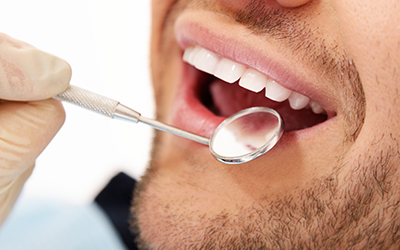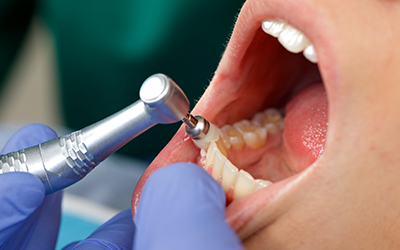Posted on Aug 26, 2019
Gum Chewing and Your Oral Health
A+ A- A Main Content
Effects of Chewing Gum:
- Most chewing gums contain potentially harmful artificial sweeteners.
- People who chew gum are more likely to have harmful diets, according to a 2013 study.
- Chewing gum may cause mercury to be released from any existing mercury amalgam filling.
- Lastly, sugary chewing gum can lead to tooth decay, dental cavities, and erosion.
A great deal of sugar-free gum is artificially sweetened by a sugar substitute called aspartame. Life Sciences Journal conducted a study which concluded that aspartame may create formaldehyde in the body; formaldehyde is a known carcinogen.
- Temporomandibular Joint Disorder (TMJ) – Your temporomandibular joint (TMJ) is where the jawbone attaches to your skull. If gum is chewed habitually, you may notice muscle fatigue in the temporomandibular joint, putting you at risk for a TMJ disorder.
- Tooth Deformities – Chewing gum regularly can lead to excessive wear on the enamel of the teeth, which may lead to changes in the alignment of your bite. If left unchecked, these changes may eventually call for orthodontic care.
- Dental Cavities – Most dentists recommend sugar-free gum. However, if you’re chewing sugary gum, you are putting yourself at an increased risk of tooth decay and dental cavities. Sugar-free gum may even have the positive effect of helping remove plaque and bacteria from the teeth.
In the end, the best way to freshen and clean your mouth is to brush at least twice a day, and floss daily. You can also use mouthwash to keep breath fresh. For more information on how to keep your teeth and mouth healthy, please contact Meadows Family Dentistry your Castle Rock, Colorado family dentist today.
















 (303) 660-5576
(303) 660-5576 smile@meadowsfamilydentistry.com
smile@meadowsfamilydentistry.com 3740 Dacoro Lane, Suite #115
3740 Dacoro Lane, Suite #115